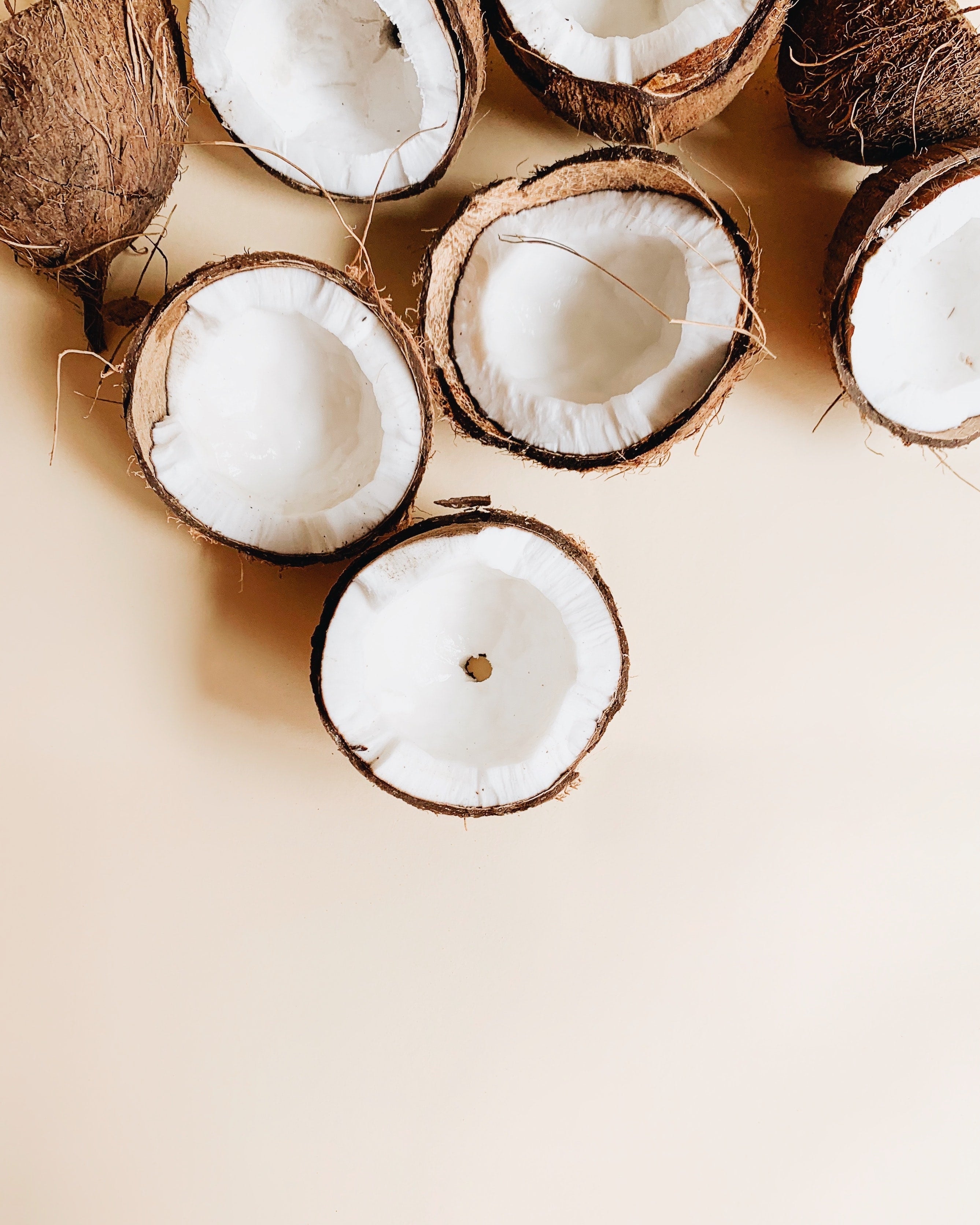cbn for sleep: everything you need to know
Let’s face it: the past few years have been tough for us all. Between the lockdowns, the financial uncertainties, and the nearly-always-negative news...it’s pretty easy to see how one’s sleep schedule could be strained.
But that’s where CBN comes in! This unique cannabinoid has gone mainstream just in time.
Why? Because it might be the best cannabinoid of them all for helping with sleep. Here’s what you need to know about CBN — enjoy.
- The ins and outs of sleep
- CBN 101
- CBN research
- CBN vs CBD: what’s the difference?
- How to use cannabinoids like CBN as a sleep aid
- Sleep Well
The ins and outs of good sleep
Besides things as basic as breathing and getting some sun, sleep might be the most important element of health there is. Sleep is when your body’s hormones are replenished and your nervous system is rejuvenated. There’s a reason some elite athletes sleep 11 hours a night.
Not getting enough sleep, on the other hand, can be devastating. It’s estimated that over 80 million US adults get less than the ~7 hours of sleep needed to function well. According to the Sleep Foundation, the results of sleep deprivation aren’t pretty:
- Slowed thinking
- Reduced attention span
- Worsened memory
- Poor or risky decision-making
- Lack of energy
- Mood changes (including stress, anxiety, and/or irritability)
CBN oil vs. CBD oil

Other negative effects of sleep deprivation include weight gain and rapid aging. Poor sleep tends to start a vicious cycle of poor health, which in turn leads to even worse sleep.
Thankfully, though, there’s a potential way to get out of this cycle and into the habit of better sleep.
CBN 101
CBN (cannabinol) is a cannabinoid. That places it in the same family as CBD (cannabidiol), THC (tetrahydrocannabinol), THCa, CBG, and many other compounds. Hemp-derived CBN, just like hemp-derived CBD, is fully legal thanks to 2018’s federal farm bill.
CBN is just as powerful as these other compounds, too — though most hemp strains produce CBN in only trace amounts. CBN can be either directly extracted from the hemp plant, or produced from the decarboxylation and degradation of CBD. (Don’t worry, both processes are natural!)
Many people report that CBN has pleasantly sedative effects that help them with relaxation and sleep.
CBN Research
CBN’s scientific research is still in its infancy.
CBN was actually discovered in 1940, long before THC and CBD, yet it’s been kind of ignored by the medical community since then. That means CBN’s scientifically-verified benefits lag way behind what CBN users are already experiencing.
Only one study so far has highlighted CBN’s sedative qualities, for example. This study didn’t exactly have a large sample size...and it mostly just compared CBN to THC.
Another study found that CBN activated TRPA channels (responsible for lowering pain sensation) better than most other cannabinoids before concluding that “future studies are needed to characterize [this component].” Independent research on CBN has also been done by Steep Hill Labs, a longtime cannabis industry leader.
Don’t let the slow research turn you off from CBN, though. Virtually every benefit of CBD went through a period where it hadn’t yet been proven by science — but that didn’t stop people from enjoying all CBD’s science-y benefits, like ECS health and CB2 receptor activation.
Expect CBN research to follow a similar path, and in the meantime, don’t shy away from experiencing this natural cannabinoid’s effects for yourself.
CBN vs CBD: what’s the difference?
From a molecular perspective, CBN is basically a pared-down, slightly smaller version of CBD. It has a simpler structure and ever so slightly lighter molecular weight.
This may mean it’s able to ‘activate’ more parts of your body’s endocannabinoid system. Unlike CBD, CBN is able to bind to the brain’s many CB1 receptors, which means it has slightly more psychoactive effects. Unlike THC, however, CBN’s side effects aren’t intoxicating!
CBN and CBD may also provide a little bit of compound + compound synergy. According to a 2019 study, CBN and CBD are stronger when combined than when taken alone. It’s also possible that CBN affects CBD’s metabolism, possibly helping the body process both cannabinoids faster and more efficiently.
Could it be that CBN plays a vital role in full spectrum hemp’s entourage effect? Only time will tell — in the meantime, the more cannabinoid/terpene/flavonoid diversity, the better!
How to use cannabinoids like CBN as a sleep aid

If your sleep hygiene is on point and you’re still struggling, it might be time to try CBN.
Getting all the CBN you need to sleep better is actually pretty simple. CBN can be taken in the form of oils, tinctures, topicals, vapes edibles, and/or gummies. (To learn more about CBN oil and CBD oil, click here.)
Dosing with CBN products is much like dosing with CBD products. Compared to CBD, you may need slightly fewer milligrams of CBN to experience benefits...but everyone’s body is different. Consider starting with a low dose of CBN a few hours before bedtime and titrating your dose up as needed.
Sleep Well - CBN Gummies
Of all the ways to take CBN, though, there’s no product more rewarding than our Sleep Well gummies.
It’s true — our new CBN-infused gummies are designed to provide maximum benefits in the most fun format possible. Their flavor comes courtesy of a sweet elderberry infusion and raw cane sugar.
All of this without compromising on quality. The CBN itself comes from single-origin cannabis plants that have been gently air extracted. No pesticides...no herbicides...no harsh chemical solvents...just pure, natural wellness.
OUR NEWSLETTER
Get the latest news you need, straight to your inbox.




